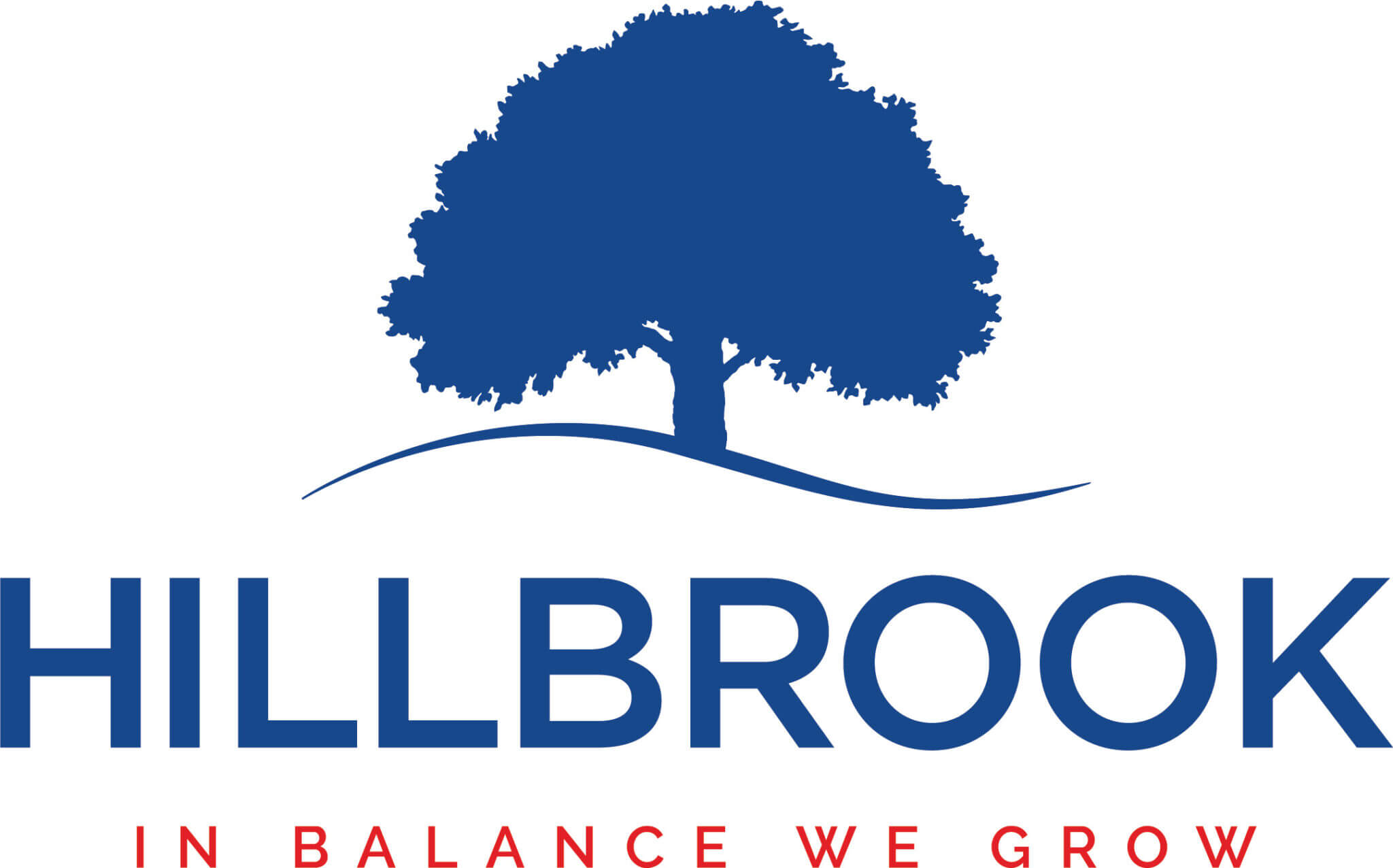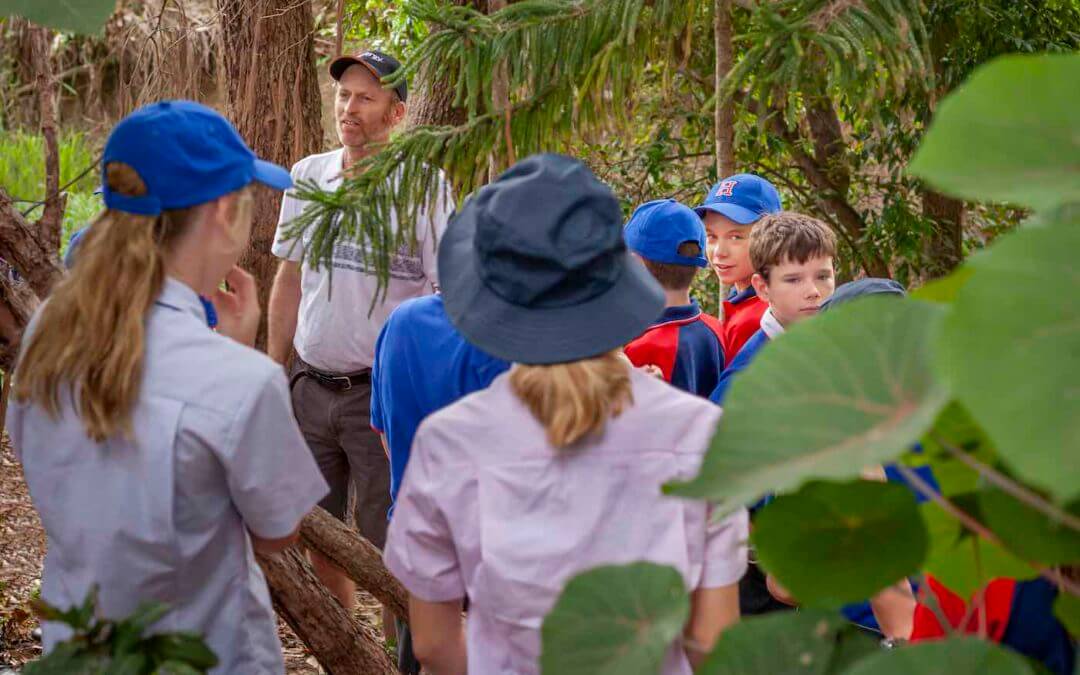In its most literal sense, the word environmentmeans “surroundings”. However, environmentis much more than this one word and has a language of its own. We explore environmentthrough multiple contexts at Hillbrook and strive to “be the change” in them all.
In Science, we learn about the natural environment which consists of both abiotic (non-living) and biotic (living) factors and how these interact with each other.
In Psychology, the environment a person is exposed to can affect one’s wellbeing – the interplay between individuals and their social settings, built environments and information environments.
For many people the word environment means nature – the natural landscape around them. For others it includes the human elements, both agricultural and urban landscapes, and how they interact with each other.
As you can see, the language of ‘environment’ is broad and powerful and at Hillbrook we use it in all contexts described above.
The word ‘environment’ is also the reason our Environmental Club exists and their focus is on leaving the land, of which we are current custodians, better than we found it.
The quote “Be the change you wish to see in the world” from Mahatma Gandhi is currently being used in many organisations around the world and applied to areas such as acts of kindness, giving back to the world and sustainable development – all which have an impact on our environment.
“Be the change” is what we want to see in all of our environmental definitions at Hillbrook. This will in turn have a positive impact on the wellbeing and growth of our community, our ability to problem solve, levels of happiness, resilience and our ecological footprint.
At Hillbrook we believe in walking the talk, and that talk is very much the language of the environment.
by GINNESE JOHNSTON
Year 7 Teacher, Science Teacher and Leader of the Environmental Club

